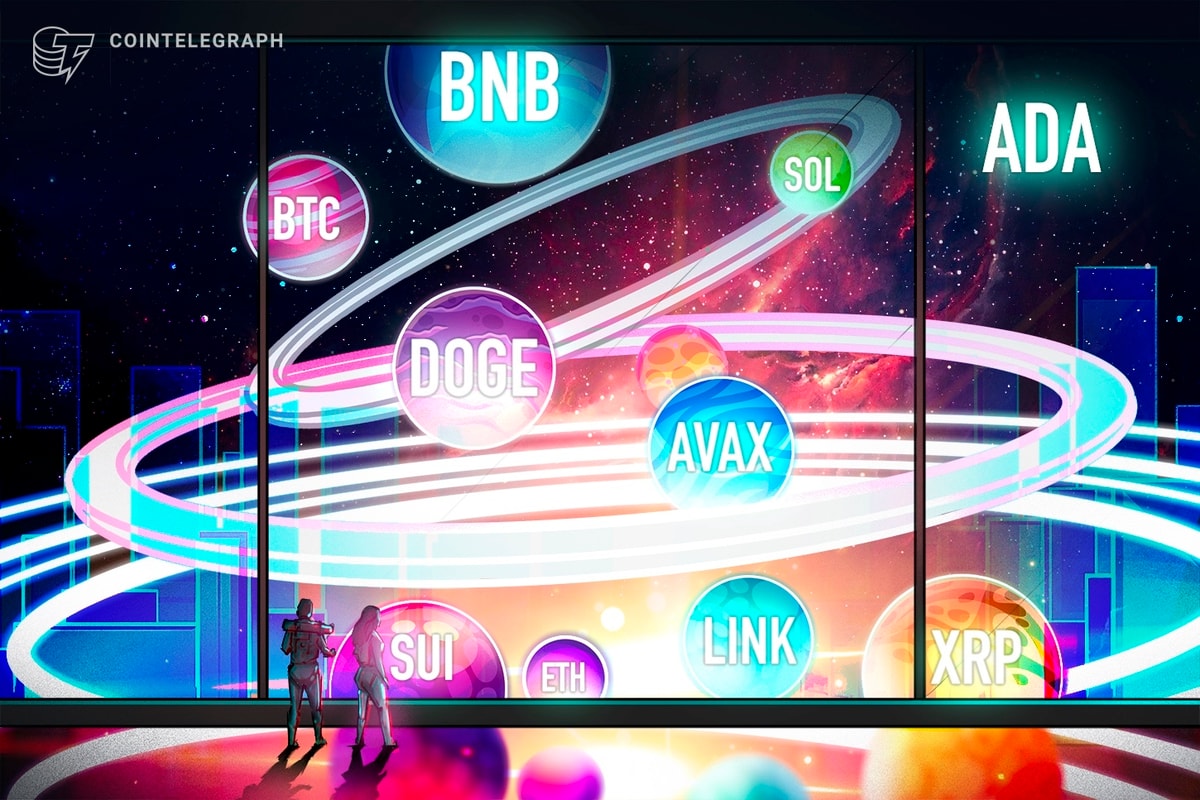Charles Hoskinson, founder of the Cardano blockchain, has confirmed the integration of Cardano Improvement Proposal (CIP) 69 into the upcoming Chang hard fork. This announcement was made via X, emphasizing the adaptation to community feedback and aligning with the demands of the Cardano Foundation (CF).
Hoskinson detailed the decision process and its implications: “I saw the requests coming in for CIP-69. I spoke with the IOI delivery team, and they spoke with the folks at Intersect. There seems to be a lot of community demand for it, and the CF also has been pushing for CIP-69 to be included in Chang.”
The Cardano founder highlighted that he doesn’t expect a major delay because of the last-minute inclusion, “I don’t think it will add a significant delay to the delivery of Chang, but it’s important to understand that out of band roadmap changes are always disruptive and introduce additional risk. This said, the dev teams are going to find a way to roll CIP-69 into Chang.”
CIP-69, primarily authored by developers within the Cardano ecosystem, aims to streamline interactions within Cardano’s Plutus smart contracts by standardizing the input arguments across various types of scripts: spending, certifying, rewarding, and minting.
The primary change proposed is the elimination of the datum argument, a piece often linked to locking validators. Instead, validators will solely require a redeemer and the script context for execution, with datums being accessible via the ScriptContext or by an extension in the TxInfo’s Spending constructor.
This proposal addresses a critical design limitation known as the “mutual dependency issue,” where two validators must know each other’s hash. This has been a substantial barrier to the development of safe and effective decentralized applications (DApps) on Cardano, as it constrains the design space and adds complexity to dApp architectures.
Cardano’s Chang Hard Fork
The Chang hard fork, anticipated to occur in Q2 this year, marks a significant milestone in the Cardano roadmap, transitioning into the “Voltaire” era of governance. This era is characterized by a move towards decentralized governance structures, allowing the community to have a greater say in the development and funding of projects within the ecosystem.
Chang is split into two primary upgrades. Chang Upgrade Number 1: Initiates the deployment of governance features, beginning with the technical bootstrapping phase as outlined in SIP 1694. This phase is crucial for setting up the foundational governance mechanisms.
Chang Upgrade Number 2 advances these mechanisms out of the bootstrapping phase and introduces full-fledged on-chain governance capabilities, such as delegated representative participation and treasury withdrawals. This enables the Cardano community not only to vote on proposals but also to fund them, enhancing the ecosystem’s sustainability and responsiveness to user needs.
Hoskinson also highlighted the need for changes in the roadmap construction process post-Chang: “Post-Chang, the entire process for constructing and ratifying a roadmap between hard forks has to be overhauled to reflect the ability to use CIP-1694’s info action to approve a candidate roadmap. There are several working groups at intersect discussing this, and I’d encourage projects and community members to join and discuss to ensure their preferences and suggestions end up in the new process.”
At press time, ADA traded at $0.452.











